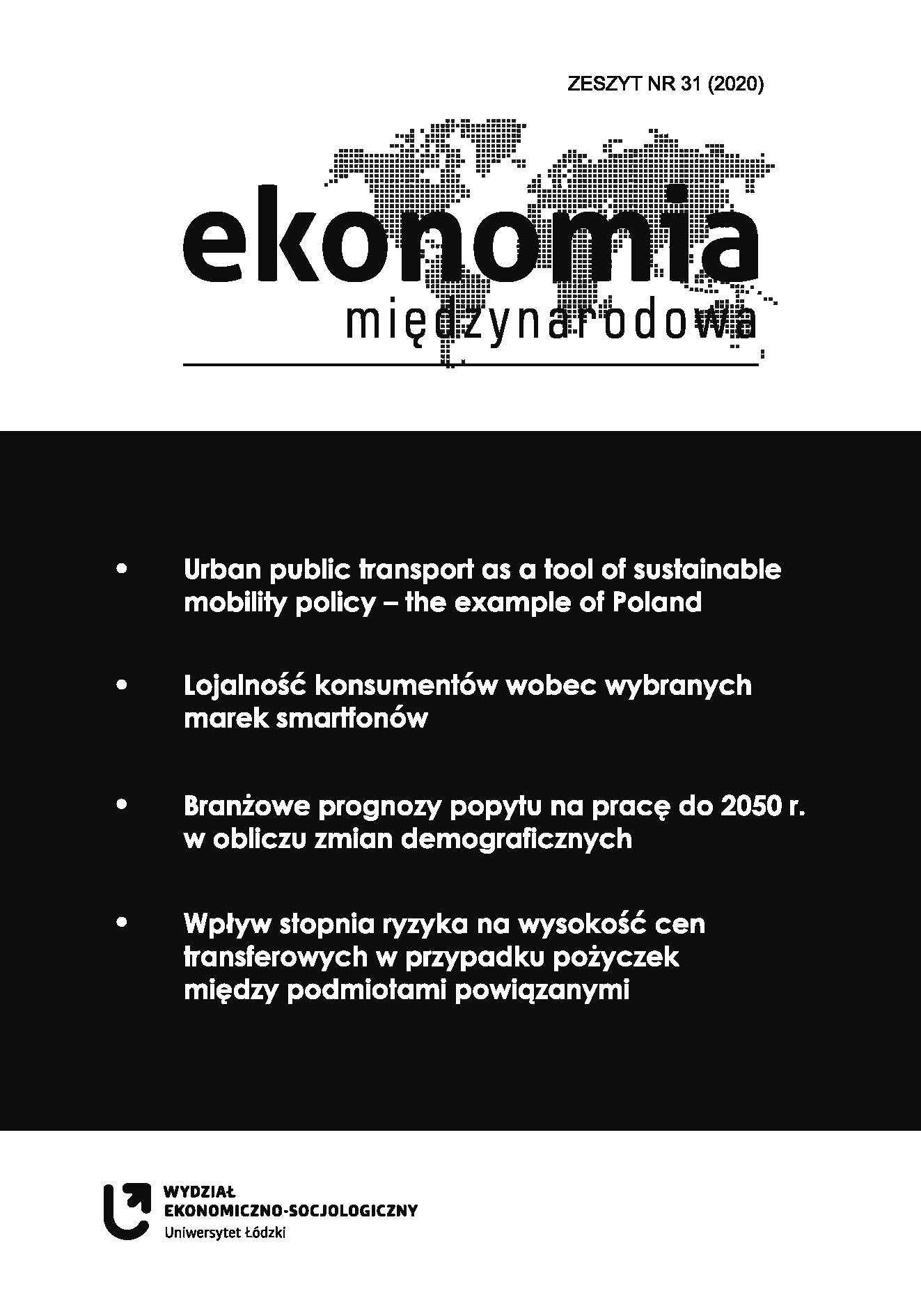Urban public transport as a tool of sustainable mobility policy – the example of Poland
Urban public transport as a tool of sustainable mobility policy – the example of Poland
Author(s): Paweł Gałka, Krzysztof Grzelec, Katarzyna Hebel, Eamonn Judge, Olgierd WyszomirskiSubject(s): Economy, Transport / Logistics
Published by: Wydawnictwo Uniwersytetu Łódzkiego
Keywords: public transport; sustainable mobility; transport policy
Summary/Abstract: The assumptions and goals of sustainable urban mob ility are defined in global and national documents, for example, the United Nations 2030 Agenda and in the Transport Policy of the State of Poland for 2006–2025. Achieving these goals is a long process. Tools and actions have been identified that play a fundamental role in achieving sustainable mobility, and various methods of measuring the effectiveness of these activities have been presented and compared. The article presents the following research hypotheses: achieving the goals of sustainable mobility through the development of the public transport offer requires the use of modern management methods, it is necessary to identify the main attributes of public transport that determine the use of this type of transport and to finance those elements of the transport offer that correspond to these attributes. The aim of the article is to assess the role of public transport as an element of sustainable mobility and to explain the reasons for unsatisfactory policy effects in Poland. Analysing the effectiveness of actions and tools used in Polish cities in achieving the goals of sustainable mobility, the processes of management in public transport and shaping the attributes of transport services and technical solutions were selected for the analysis. The analysis was carried out on the example of selected Polish cities. On the basis of the conducted research, the authors formulated conclusions: the idea of sustainable mobility development is an element of the transport policy of modern European cities, achieving sustainable development requires changes in the structure of urban transport, effective implementation of a sustainable mobility policy leads to changes in transport behaviour, the condition for increasing the share of public transport is to increase the attractiveness of its services. Detailed conclusions were defined in relation to selected Polish cities, in particular Gdańsk and Gdynia. The use of public transport by people who can travel by car can be increase by affecting the freedom to use passenger cars in cities through traffic and parking restrictions. The most effective tool that limits the use of private cars turns out to be parking fees in the city. Conclusions from the conducted research allowed us to confirm the research hypotheses of the article.
Journal: Ekonomia Międzynarodowa
- Issue Year: 2020
- Issue No: 31
- Page Range: 154-184
- Page Count: 31
- Language: English

